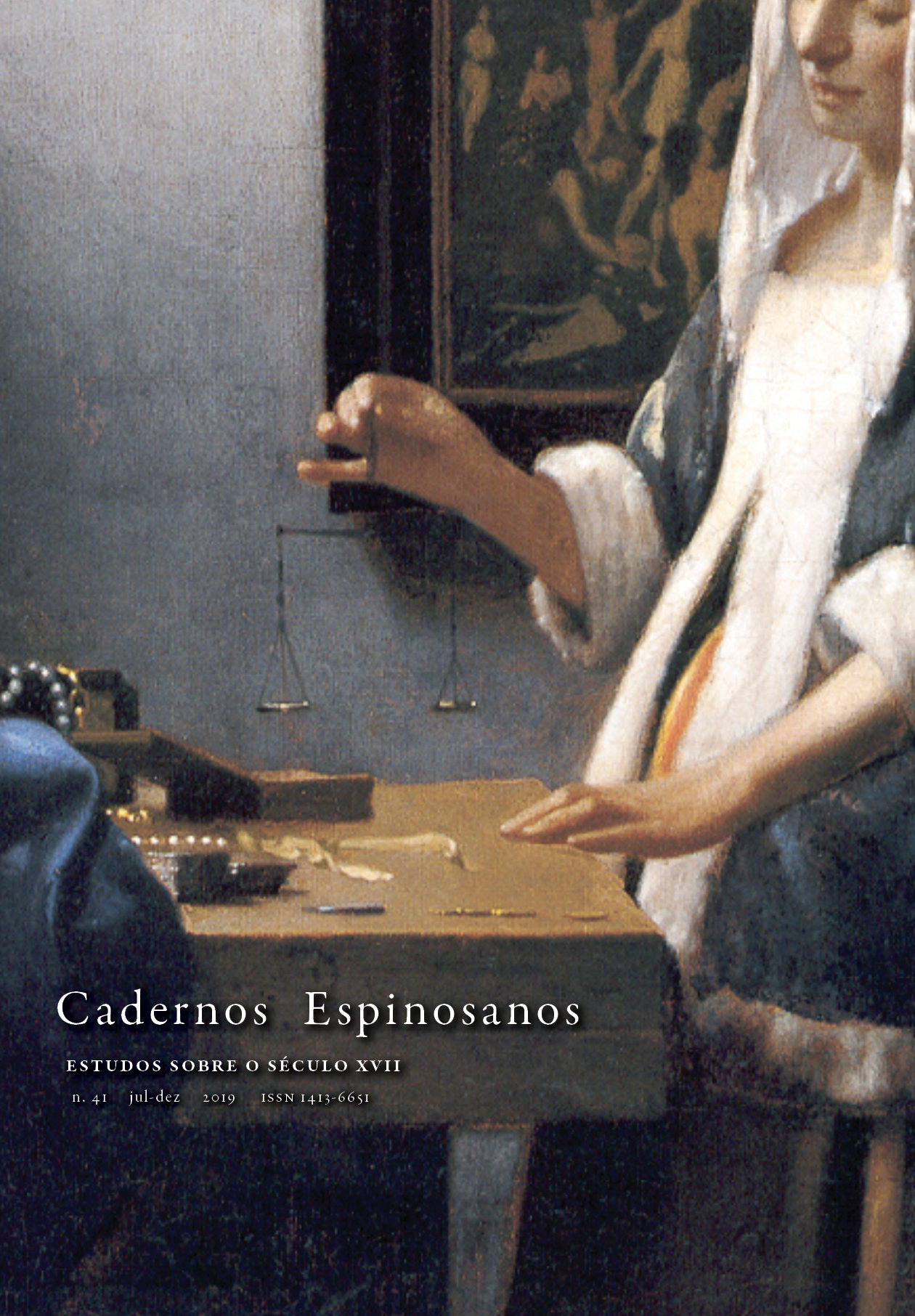MODERNITY AND ALIENATION FROM THE WORLD IN HANNAH ARENDT
DOI:
https://doi.org/10.11606/issn.2447-9012.espinosa.2019.159381Keywords:
Arendt, Galileo, Descartes, Modernity, HypermodernityAbstract
This article presents some aspects of Hannah Arendt’s critique of modernity. The main reasons of Arendt’s claim that the hallmark of modernity is world alienation are shown here. The origins of this alien-ation are to be found in the three events that stand at the threshold of modern age: the discovery of America, the Reformation and, most im-portantly, the invention of the telescope and the subsequent philosophy of Descartes. After showing the different kinds of alienation related to each one of these events, and specially the role played by science within this process, I present some contemporary implications of this aliena-tion in order to put forward a hypothesis according to which, from an Arendtian point of view, the idea of hypermodernity makes more sense than that of post-modernity.
Downloads
Downloads
Published
Issue
Section
License
Autores que publicam nesta revista concordam com os seguintes termos:
- Autores mantém os direitos autorais e concedem à revista o direito de primeira publicação, com o trabalho simultaneamente licenciado sob a Licença Creative Commons Attribution que permite o compartilhamento do trabalho com reconhecimento da autoria e publicação inicial nesta revista.
- Autores têm autorização para assumir contratos adicionais separadamente, para distribuição não-exclusiva da versão do trabalho publicada nesta revista (ex.: publicar em repositório institucional ou como capítulo de livro), com reconhecimento de autoria e publicação inicial nesta revista.
Authors who publish in this journal agree to the following terms:
b. Authors are authorized to take on additional contracts separately, to non-exclusive distribution of the article published in this journal (ex.: to publish in institutional repository or as part of a book), with an acknowledgment of its initial publication in this journal.


